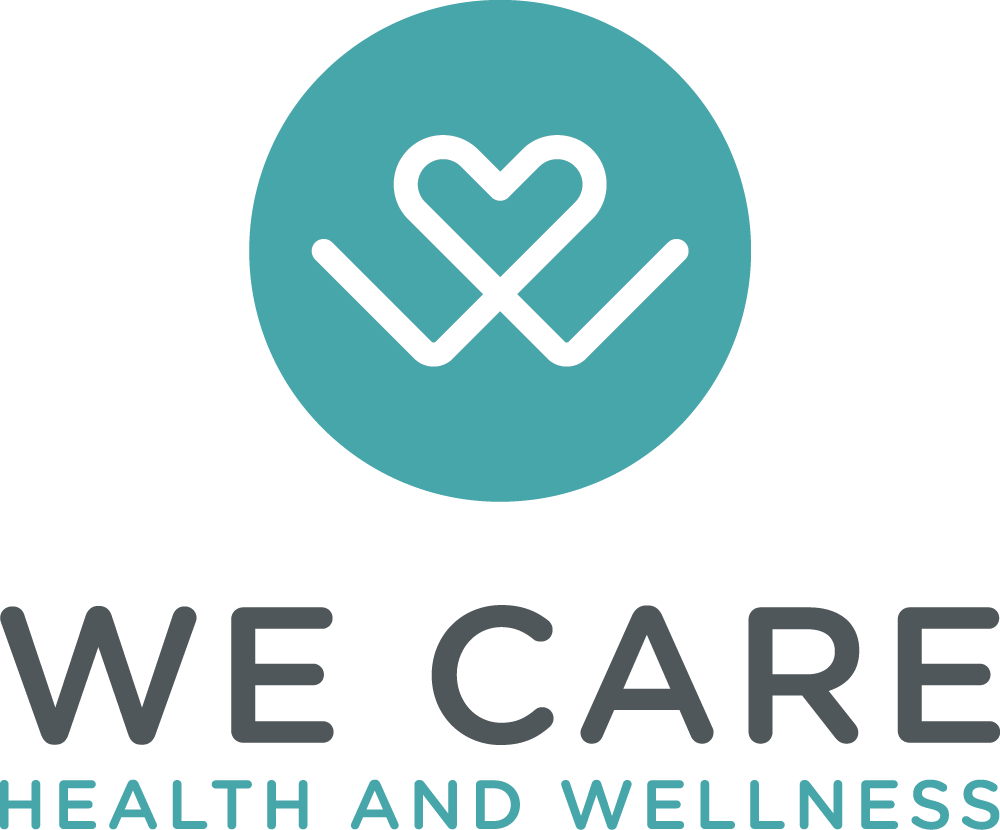Recovery is a journey—a process of growth, transformation, and healing. For many, it is not a straightforward path but one filled with challenges, breakthroughs, and the courage to keep moving forward. To better understand this journey, researchers developed the Transtheoretical Model of Change, which identifies five stages commonly experienced by individuals working toward recovery. These stages provide a framework for understanding progress and setbacks, offering hope and guidance to individuals and their supporters.
Precontemplation: The Stage of Unawareness
In the precontemplation stage, individuals may not yet recognize the need for change. Often, they are unaware of the full impact of their behavior on their lives and the lives of those around them. Denial and resistance are common during this phase, as substance use may still feel manageable or necessary. It’s important to approach individuals at this stage with empathy, offering gentle education and avoiding judgment. Planting the seeds of awareness can be the first step toward meaningful change.
Contemplation: Recognizing the Problem
During contemplation, individuals begin to acknowledge that there may be a problem. They may start to see the negative consequences of their substance use, weighing the benefits of recovery against the fears and uncertainties of leaving old habits behind. This stage is often marked by ambivalence—both a desire for change and hesitation about the effort it will require. Support from loved ones or professionals is crucial here, as encouragement and information about treatment options can help individuals move toward action.
Preparation: Taking the First Steps
In the preparation stage, individuals commit to change and begin planning their recovery journey. This might involve researching treatment programs, attending support group meetings, or confiding in trusted friends or family members. These early steps can feel daunting, but they are critical in setting the foundation for success. At this stage, guidance from recovery professionals can help individuals establish clear, achievable goals and build confidence in their ability to move forward.
Action: Making Meaningful Change
The action stage is where transformation takes shape. Individuals actively engage in behaviors that support their recovery, such as attending therapy, participating in treatment programs, or adopting healthier coping mechanisms. This phase often requires significant effort and dedication, as old habits are replaced with new routines. It is essential to celebrate progress and provide ongoing encouragement during this stage to reinforce positive changes and maintain motivation.
Maintenance: Sustaining Progress
The final stage, maintenance, focuses on sustaining the gains made during recovery and preventing relapse. This stage involves developing a strong support network, practicing self-care, and continuing to work on coping strategies. Maintenance is a lifelong commitment, but it also offers the opportunity to build a fulfilling, substance-free life. Relapse is sometimes part of the process, and it’s important to approach it with understanding, viewing it as an opportunity to learn and strengthen recovery strategies.
Recovery Is a Journey, Not a Destination
Recovery is rarely a linear process. Individuals may cycle through these stages multiple times, learning and growing with each step. Understanding the stages of recovery can provide clarity and a sense of direction for both individuals and their support systems. By approaching this journey with patience, compassion, and a commitment to continuous improvement, recovery is not only possible but life-changing.
Sources:
• Prochaska, J.O., & DiClemente, C.C. (1983). Stages of Change: A Model for Addiction Recovery.
• National Institute on Drug Abuse (NIDA): Recovery Resources.





